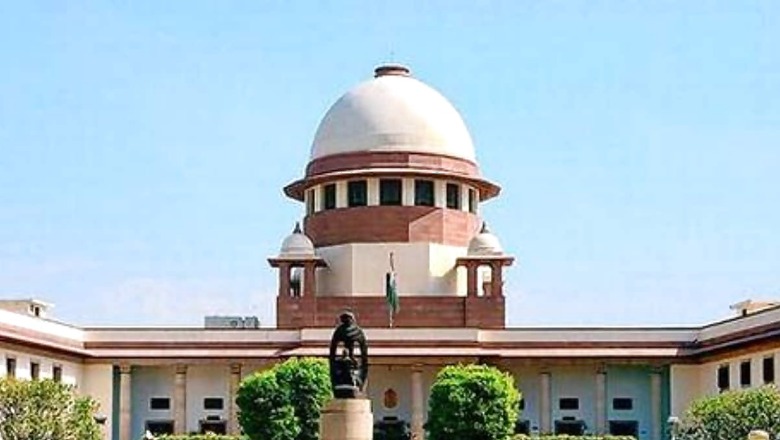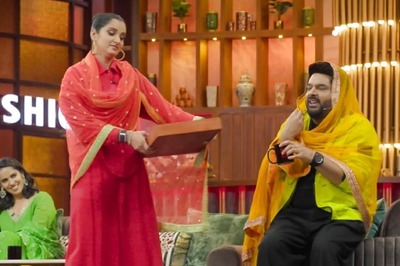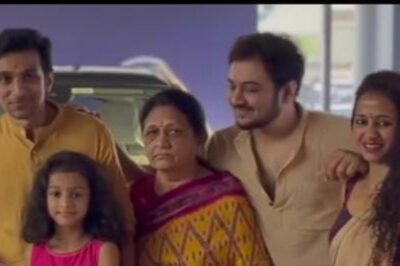
views
The Supreme Court on Thursday said it will decide the constitutional validity of penal provisions in the Indian Penal Code (IPC) and the Bharatiya Nyaya Sanhita (BNS) which grant immunity from prosecution to a husband for the offence of rape if he forces his wife, who is not a minor, to have sex with him.
A bench of Chief Justice of India D Y Chandrachud and Justices J B Pardiwala and Manoj Misra sought views of the petitioners on Centre’s contention that making such acts punishable would severely impact the conjugal relationship and cause serious disturbances in the institution of marriage.
Senior advocate Karuna Nundy, appearing for one of the petitioners, opened the arguments and referred to the provisions of the IPC and BNS on marital rape.
”It is a constitutional question. There are two judgments before us and we have to decide. The core issue is of the constitutional validity (of the penal provisions),” the CJI said.
Nundy said the court must strike down a provision, which was unconstitutional.
”You are saying it (penal provision) violates Article 14 (right to equality), Article 19, Article 21 (life and personal liberty)… The Parliament intended when it enacted the exception clause that when a man engages in a sexual act with wife above 18 years of age it cannot be constituted as rape,” the top court remarked.
The bench wondered if it struck down the immunity clause in the penal codes then the offence will be covered under the main provision on rape or ”can the court create a separate offence or adjudicate the validity of the exception (clause)”.
The hearing is currently underway.
Under the exception clause of Section 375 of the IPC, now replaced by the BNS, sexual intercourse or sexual acts by a man with his wife, the wife not being minor, is not rape.
Even under the new law, Exception 2 to Section 63 (rape) says that ”sexual intercourse or sexual acts by a man with his own wife, the wife not being under eighteen years of age, is not rape”.
The Centre said in the fast-growing and ever-changing social and family structure, misuse of the amended provisions can also not be ruled out as it would be difficult and challenging for a person to prove whether consent was there or not. One of the pleas is related to a Delhi High Court split verdict of May 11, 2022, on the issue.
The appeal has been filed by a woman, who was one of the petitioners before the high court. While delivering the split judgment, Justice Rajiv Shakdher and Justice C Hari Shankar concurred on allowing the petitioners to appeal in the Supreme Court as the matter involved substantial questions of law, requiring a decision by the top court.




















Comments
0 comment